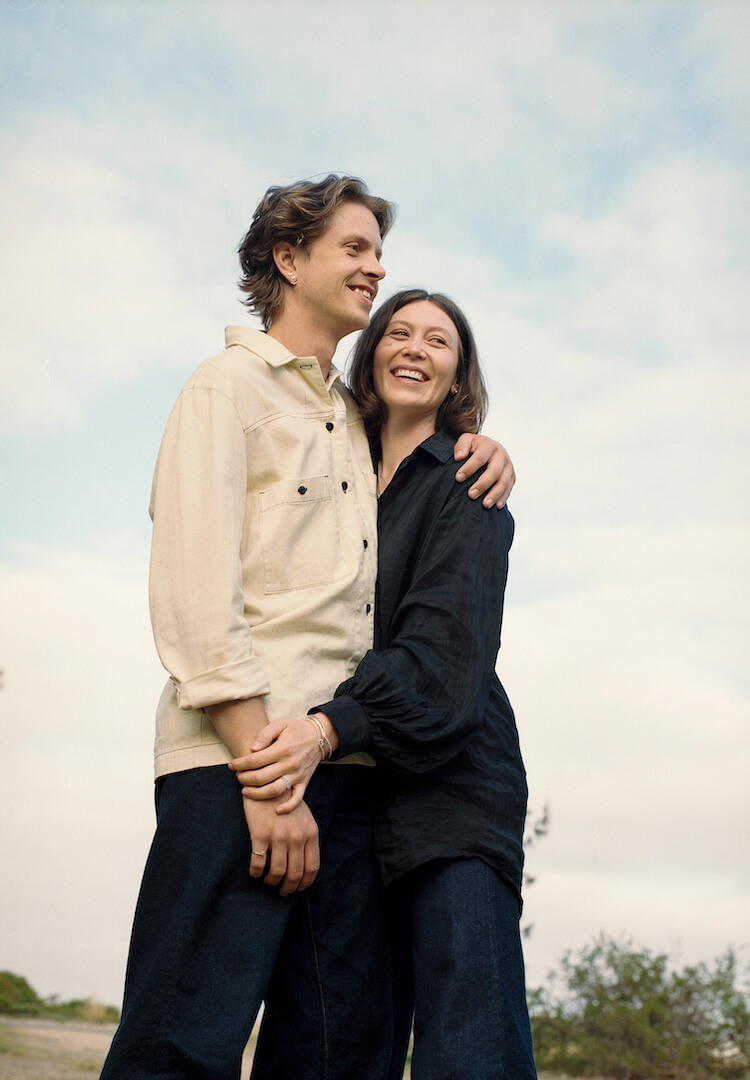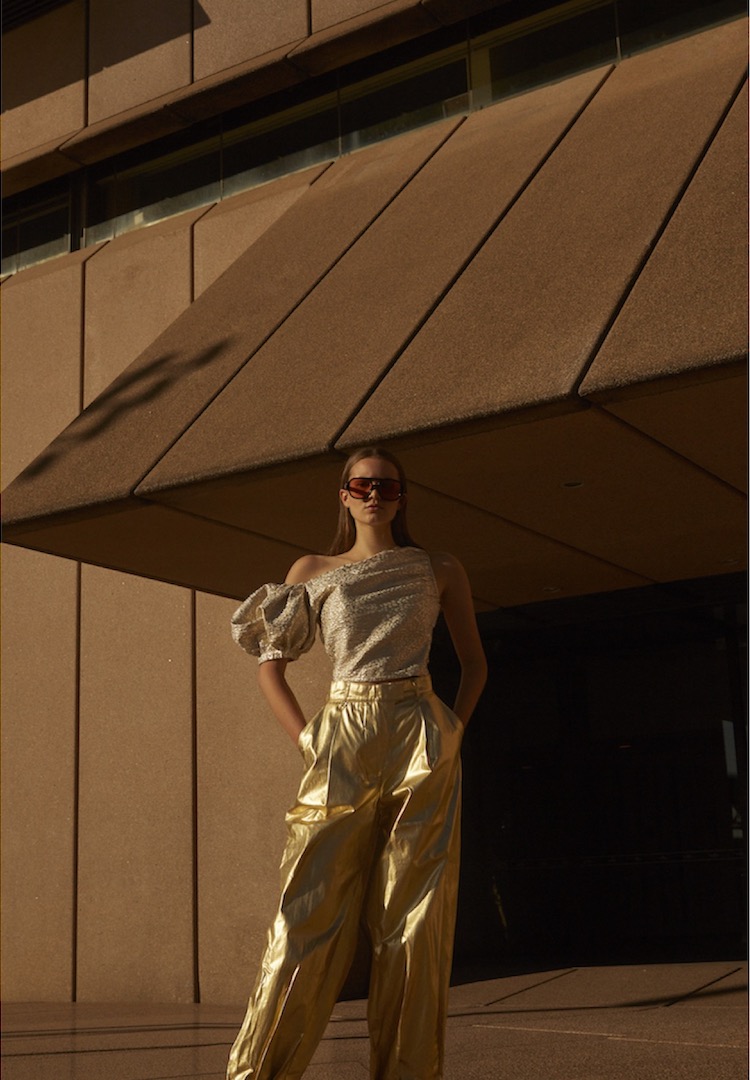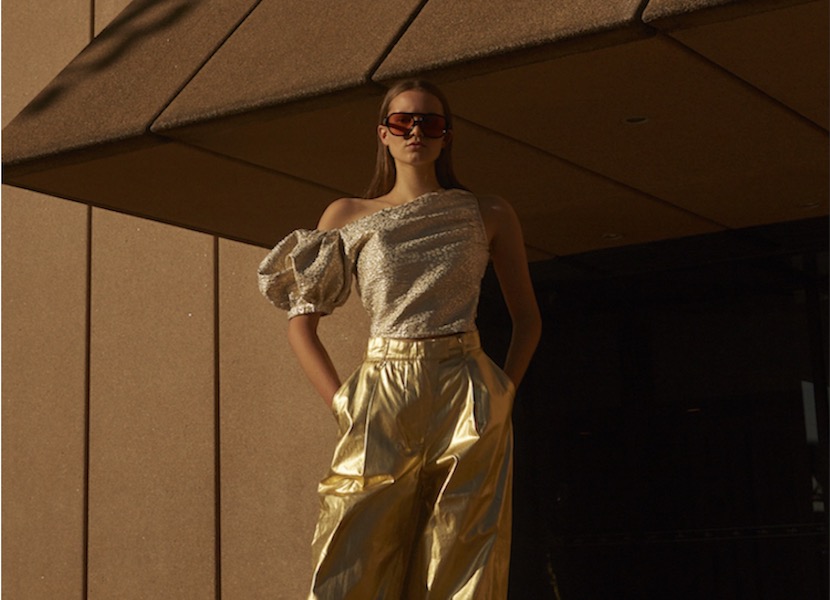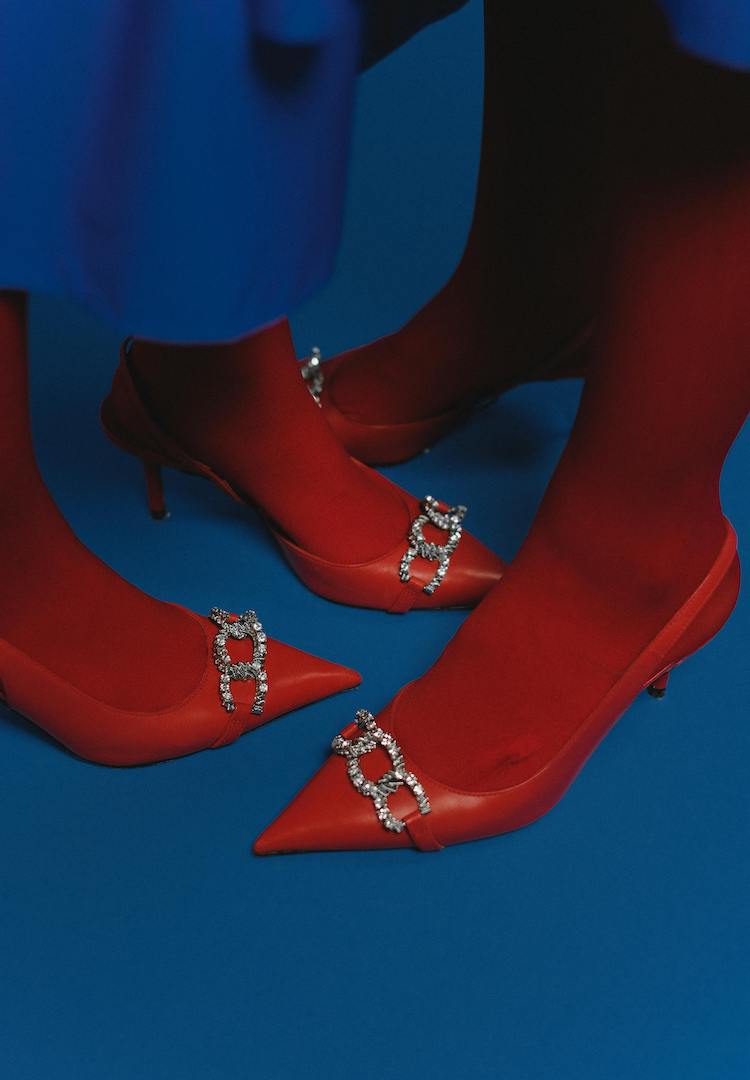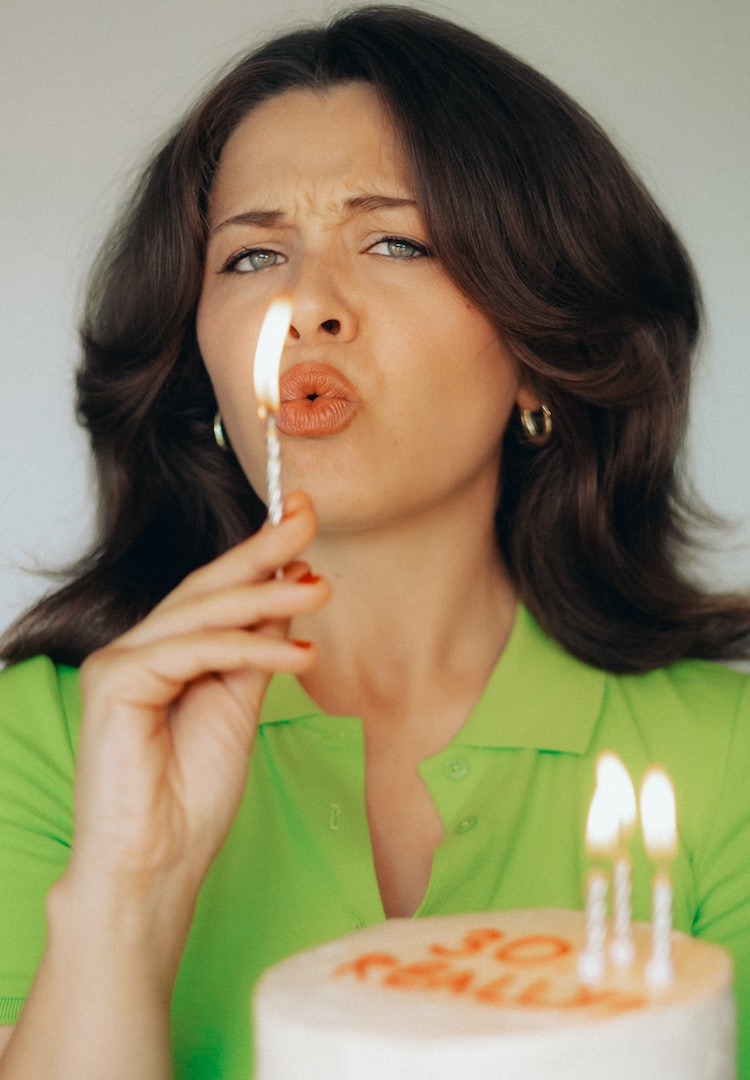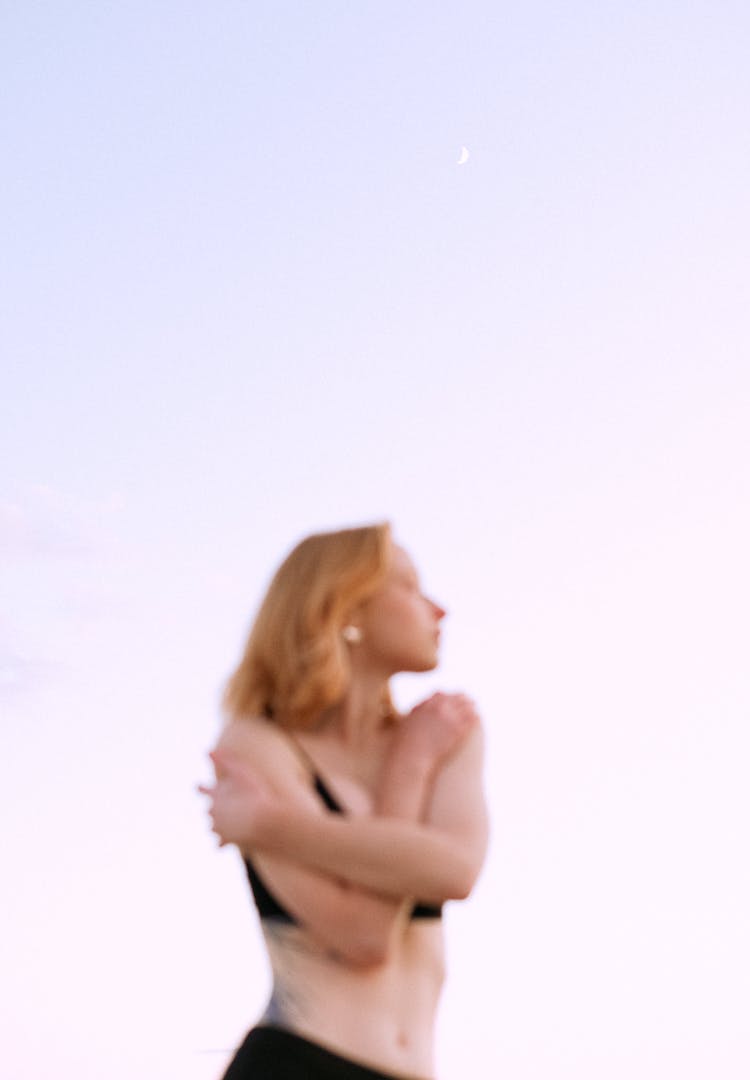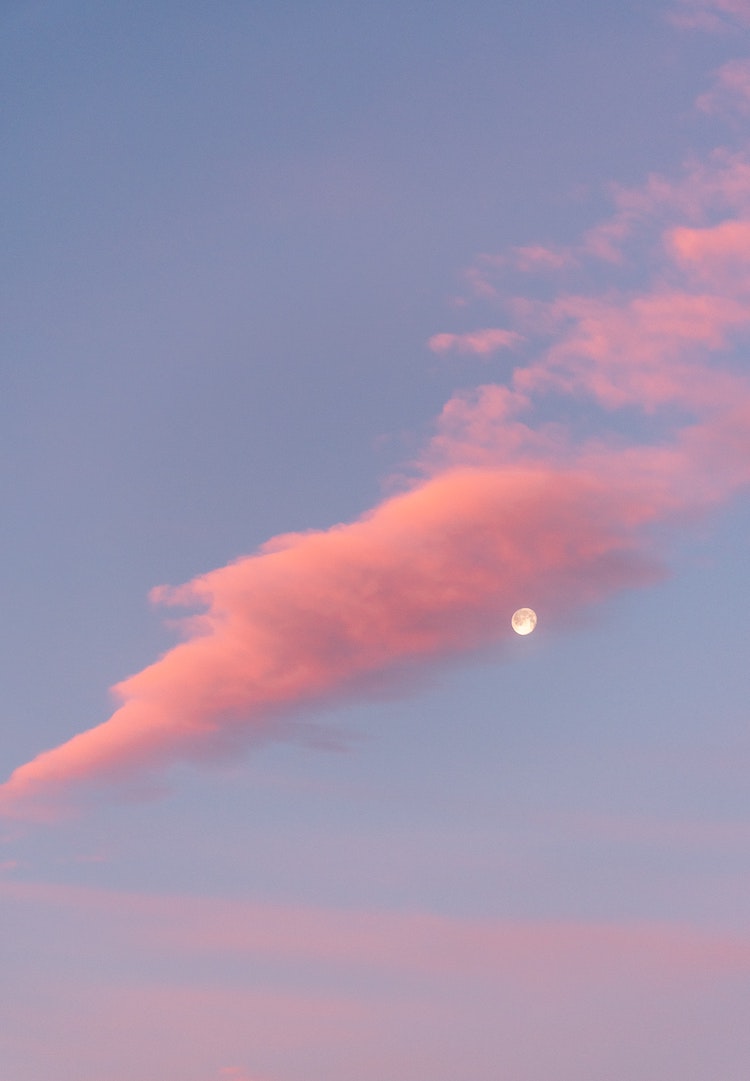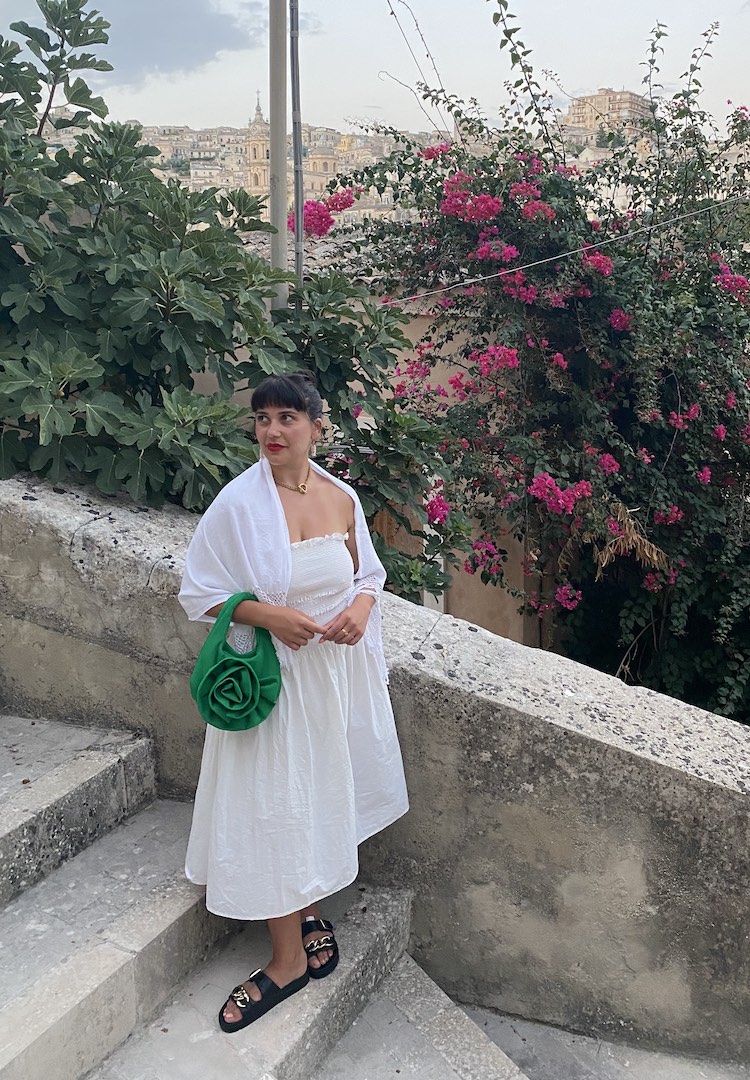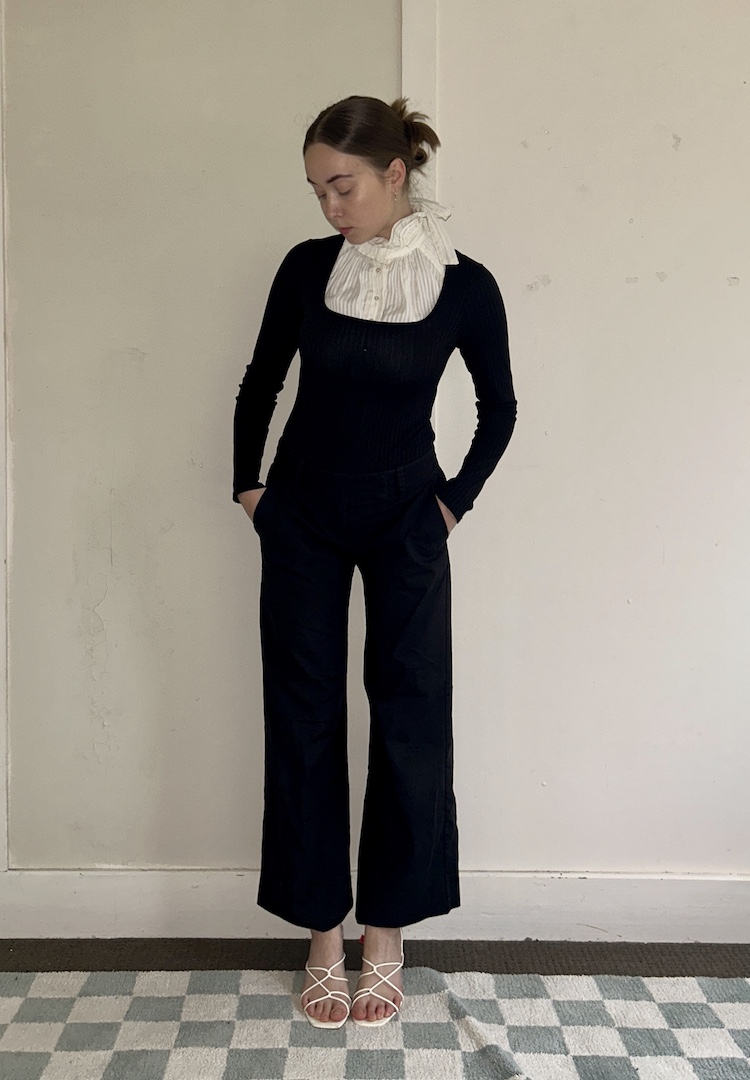Does astrology have a sexism problem? I asked this Australian astrologer to find out
Photography by LEXI LAPHOR
Words by Jasmine Wallis
How astrology found itself with a gender gap.
A few months ago I was sharing astrology memes on my Instagram story (a common occurrence for a communication obsessed Gemini) when I received a DM from a male friend. “Astrology doesn’t mean anything,” it read.
I replied saying I take astrology with a grain of salt but there’s no denying that the patterns lineup and also, I simply enjoy it. This conversation isn’t the first I’ve had with cis-gendered men when the topic of horoscopes arises and it got me thinking about the gender gap within the astrological space.
Looking for some similarly thought-provoking reads? Subscribe here and we’ll send them straight to your inbox.
Thanks to the launch of apps like Co–Star and Astrology Zone, the once hippy-associated beliefs are now part of the everyday vocabulary of many millennials and Gen Zs.
Instagram accounts like @notallgeminis and @trashbag_astrology turn people’s signs into relatable jokes and over on TikTok there’s a trend where you pose as your Big 3 (aka your sun, moon and rising signs).
There’s no denying that astrology is having a big pop culture moment and Lilith Hardie Lupica, journalist and co-founder of career and advice newsletter, The Foreword, is someone partaking in it.
“I’m not religious at all but I find astrology to be fun and it can bond people. I don’t live my life by it. I’ve never dated or made job decisions based on the stars but I find it reassuring and sometimes it helps explain why I might not gel with someone. Humans love to be categorised,” she tells me.
However, like many trends that people other than men enjoy, there are those who love to mock astrology, particularly because it’s a topic women and non-binary people are passionate about. Lilith recognises this gender skew in the astrology community.
“I know and love so many people who roll their eyes at me when I talk about Mercury in retrograde and historically, belief systems that draw in women have been dismissed, satirised, undermined and in some cases completely dismantled,” she says.
“There can be some internalised misogyny around the whole thing. Women (generally) like it so it’s frivolous and ridiculous. If it’s not rooted in science, backed by centuries of tradition or condoned by certain ‘figureheads’ within a community, it’s not tolerated.”
So, why is astrology mostly made up of women and members of the LGBTQ+ community rather than cis-gendered, straight men?
Melbourne-based astrologer Luzie Selene Lonsdale has a background in psychology and philosophy and has been practising astrology since childhood. She only began consulting seriously when she had some spare time during Melbourne’s first lockdown.
Luzie says that people are more likely to be interested in astrology when they’re trying to make sense of the world around them and as Westerners, we live in a world that was created by and for cis-gendered men.
“Astrology is a really interesting way to look at the entire concept of who you are as a person and where you sit in the world. It can be really reaffirming for people who have struggled to find their place – like women and marginalised people – to look at it and find that astrology backs them up.”
Luzie also says that this element of control is not just gendered but generational. “I also think it’s to do with people in their twenties who are searching for reason and meaning in a world that seems like it lacks those things a lot of the time… especially during a pandemic.”
This idea of looking for patterns to confirm your preconceived ideas of the world around you is why Matthew O’Neill is an astrology sceptic.
As a cis-gendered man with a PhD in moral philosophy and ethics, Matthew tells me that it’s, “never been something I’ve listened to or attributed any legitimacy to”.
“Each to their own but it does seem like a specific type of person believes in it and they probably just want to find a deeper meaning or reason for why things are happening in their life,” he tells me. “It just feels that there is no sufficient evidence of a causal chain between the stars and your destiny.”
The ‘sufficient evidence’ argument is one that Luzie has heard a number of times from people and is a reason why she sees a difference in the genders engaging with astrology.
“Many men are bound by the need to appear rational and reasonable. It’s a big part of the masculine archetype that our society binds itself to but a lot of the time when I’m engaging in conversations with cis-male friends about astrology, what becomes really apparent is they don’t understand what it is. They fail to appreciate how technical it is and the fact that it’s a very scientific practice.”
Much like religion, no one else should tell you what you should and shouldn’t believe in and Lilith says that there’s “no harm in being open to something you don’t understand”.
When asked what she would say to someone who is closed off to astrology, Lilith says, “It’s ‘wishy-washy’ to so many people but if someone finds solace or meaning in it, if it makes people feel less at the mercy of the universe or connected to people why does it bother you so much?”.
Of course, not all women are into astrology, just like not all men have scientific minds, but as our access to information and astrology tools like Co–Star grows, the more marginalised people are finding joy and meaning in the patterns that appear in the stars of our fast-paced world.
“Astrology is something that was persecuted for a really long time. You could literally be killed for practising astrology and I think it’s something we’re kind of overcompensating for,” Luzie says.
“As women we didn’t have access to it for so long and I think women and queer people are just like ‘Amazing, let’s go for it… this is our thing now.’”
To find out more about astrology, head here.

